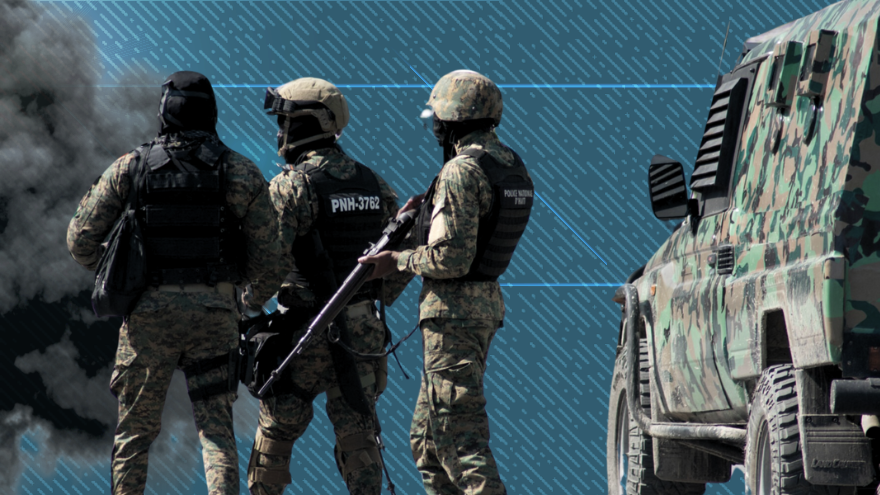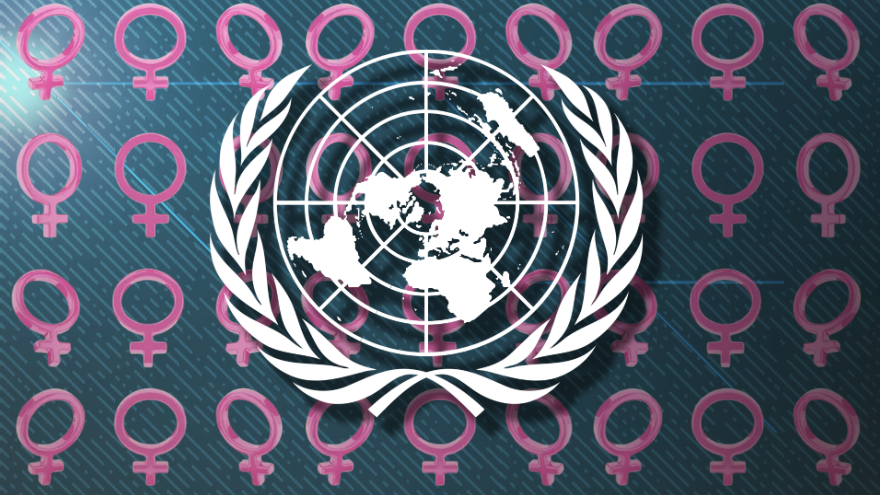Last year, there were 4,451 killings, while during the first three months of this year, 1,554 individuals have been killed amid escalating violence in Haiti, according to a United Nations (UN) report released this week. “Corruption, impunity, and poor governance, compounded by increasing levels of gang violence, have eroded the rule of law and brought State institutions, which should be the basis of a democratic society, close to collapse,” the report says. “The impact of generalized insecurity on the population is dire and keeps on deteriorating. Against this backdrop, the population is severely deprived of enjoying its human rights.” The latest crisis began in 2021 after the assassination of President Jovenel Moïse resulted in a power vacuum that was filled by Haiti’s unpopular prime minister Ariel Henry, who agreed to resign after a transitional government was brokered by allied nations, including the U.S. After Haiti failed to hold elections multiple times, protests against Henry broke out. When he announced last year that elections would be postposed again — this time, until 2025 — armed groups escalated the violence. Last month, criminal gangs initiated coordinated attacks against key government institutions’s facilities, including police stations, prisons, and other sites in the capital Port-au-Prince, including the main port and airport, the UN report states. The recent escalation of violence has increased human rights abuses, including killings, kidnappings, and rapes of women and young girls, officials say. OHCHR has obtained statements from Haitian residents claiming that gangs continue to recruit children. Gang members are typically young males and children. Typically, children are used as lookouts, or “antennas,” as they are known locally, to facilitate kidnappings and robberies, the report states. Girls are often involved in activities like house chores and spying. Several children told UN personnel they wanted to leave the gang, but are afraid of retaliation. Some children who tried to leave Haitian gangs were found and executed. Individuals accused of petty crime or suspected of association with gangs are often “lynched, stoned, mutilated, or burned alive by members of the population or so-called ‘self-defense brigades,’ armed with all manner of weaponry, including high-caliber guns,” the report states. “The illicit trafficking of weapons and ammunitions through porous borders has provided a reliable supply chain for gangs,” according to the report. Last year, OHCHR documented at least 528 cases of lynching, most of which took place in the capital Port-au-Prince. “While some killings appeared to be spontaneous, others were allegedly encouraged, supported, or facilitated by police officers and gang members belonging to the G-9 and allies,” the report explains. “Tackling insecurity must be a top priority to protect the population and prevent further human suffering. It is equally important to protect institutions essential to the rule of law, which have been attacked to their very core,” UN High Commissioner for Human Rights Volker Türk said in a statement released alongside the report, which reiterates the need for a multinational security force to help quell the violence and restore the rule of law. “It is essential that the mission effectively integrates human rights into the conduct of its operations and establishes a compliance mechanism to mitigate and minimize harm,” said the UN Human Rights Chief. “Accountability is paramount to restore public trust in the rule of law and the state institutions.”The UN’s Office of the High Commissioner for Human Rights (OHCHR) is calling for immediate and bold action to tackle the “cataclysmic” situation in Haiti.
International /
UN Calls for Bold Action to Address 'Cataclysmic' Situation In Haiti
Lynchings, stonings, and people being burned alive is now a regular feature of life in the violence-torn country

*For corrections please email [email protected]*
